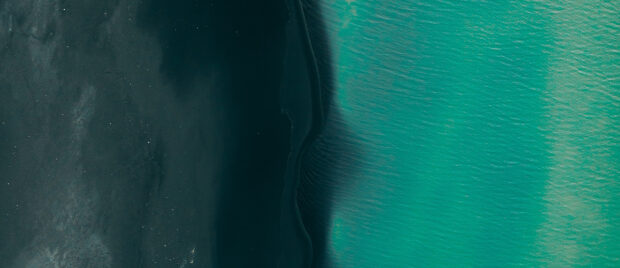


Что такое «управительство»?
26/01/2024


«Блаженны чистые сердцем, ибо они Бога узрят»
30/01/2024Сколько природ у Христа — одна или две?


В 451 году состоялся великий Халкидонский собор, который стал одним из важнейших Вселенских соборов всех времен. На этом соборе церковь осудила ряд ересей, самой серьезной из которых было монофизитство. Слово «монофизит» состоит из приставки и корня. Приставка «моно» означает «один», а корень «фюзис» переводится как «природа». Таким образом, слово «монофюзис», от которого происходит термин «монофизит», просто означает «одна природа».
Монофизиты утверждали, что у Христа было не две природы — божественная и человеческая, а только одна. Эта одна природа не была ни полностью божественной, ни полностью человеческой. В зависимости от того, с какой точки зрения мы рассматриваем эту природу, ее можно назвать обожествленной человеческой природой или очеловеченной божественной природой. Эта ересь представляла собой серьезную опасность для церкви по двум причинам. С одной стороны, монофизиты отрицали полную божественность Христа. С другой стороны, они также отрицали подлинную человечность Христа. В противовес этому Халкидонский собор провозгласил, что Христос есть vere homo, vere Deus, что в переводе с латыни означает «истинный человек, истинный Бог», имеющий в одном лице две природы.
Христос есть vere homo, vere Deus, то есть «истинный человек, истинный Бог», имеющий в одном лице две природы.
Как нам следует понимать союз человеческой и божественной природы в Христе? В Библии говорится, что при воплощении второе лицо Троицы восприняло человеческую природу. Однако, когда Христос принял плоть, человеческую природу, Он не обожествил ее. Эта человеческая природа осталась человеческой.
Рассматривая тайну воплощения и утверждая догмат о двух природах Христа, Халкидонский собор постановил, что две природы сосуществуют в Христе совершенным образом — неслитно, неизменно, нераздельно и неразлучно. Их нельзя смешивать, как это делали монофизиты, обожествляя плоть или очеловечивая дух. В то же время не следует и разделять их. Они всегда и везде едины. К четырем отрицаниям, которые утвердил Халкидонский собор, добавляется фраза: «Сохраняется свойство каждого естества». То есть при воплощении Сын не утратил ни одного из Своих качеств. Его божественная природа по-прежнему остается вечной, бесконечной, всеведущей, вездесущей и всемогущей. В ней проявляются все качества, присущие божественной природе. Бог не перестал быть Богом, когда Он принял человеческую природу в Христе. В то же время Его человеческая природа сохранила свои отличительные качества: она является конечной, заключенной в теле, неспособной находиться более чем в одном месте одновременно, ограниченной в знании и силе. Все эти качества человеческой природы присущи человеческой природе Христа.
Эта статья была первоначально опубликована в блоге служения «Лигоньер».


